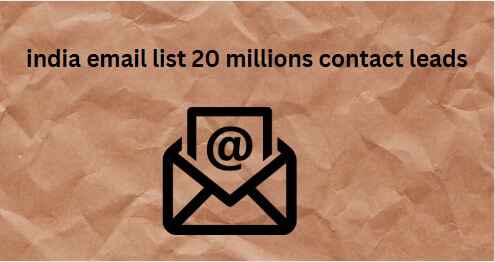Your cart is currently empty!
Digital sovereignty: European initiatives
In order to move towards European digital sovereignty , it is essential to regulate the use, storage and collection of data. This necessary data protection continues to raise a complex debate among member countries. This has not prevented the European Union from taking several initiatives in this regard. Let’s look at some of them.
The General Data Protection Regulation (GDPR): the starting point
initiatives european souveraineté
The GDPR, which came into Digital sovereignty: European force in May 2018, is the first step towards digital sovereignty. It regulates the access, storage and use of personal data of European citizens. To do so, companies holding this data must comply with several requirements (deletion of data, consultation upon request, appointment of a DPO, etc.). The same regulation stipulates that personal data from the EU can only be transferred to countries that offer similar protection and that the EU considers “adequate”*.
US legislation, for example, is much less strict than the GDPR. The Cloud Act allows the US government to access data held by US companies. And culturally, Americans view data as an asset that can be traded. Despite these differences, many European companies entrust their data to large US digital service providers, especially for hosting.
This has led the EU to take new initiatives to regulate the data market.
The Data Governance Act and the Data Act: going further
These two texts complement the GDPR. Their india email list 20 millions contact leads aim is to develop a single data market by supporting data access, sharing and reuse, in line with EU values.
The Data Governance Act will come into force in September 2023. Its aim is to encourage the exchange of personal and non-personal data by creating intermediation structures. The latter will clearly define the conditions under which data held by the public service can be reused, and thus compete on equal terms with international market players.
The NIS2 Directive: sovereignty and cybersecurity
The Data Act aims to establish harmonised rules for access to data generated by connected objects and the various related services. The aim is to content optimization: separate by keyword types facilitate access, management and sharing of this data.
The “platform-to-business” regulation: the first European text on BtoB e-commerce
This EU regulation, which cmo email list came into force in July 2020, creates a fair and predictable environment for B2B merchants using online platforms (around 7,000 platforms and marketplaces).
